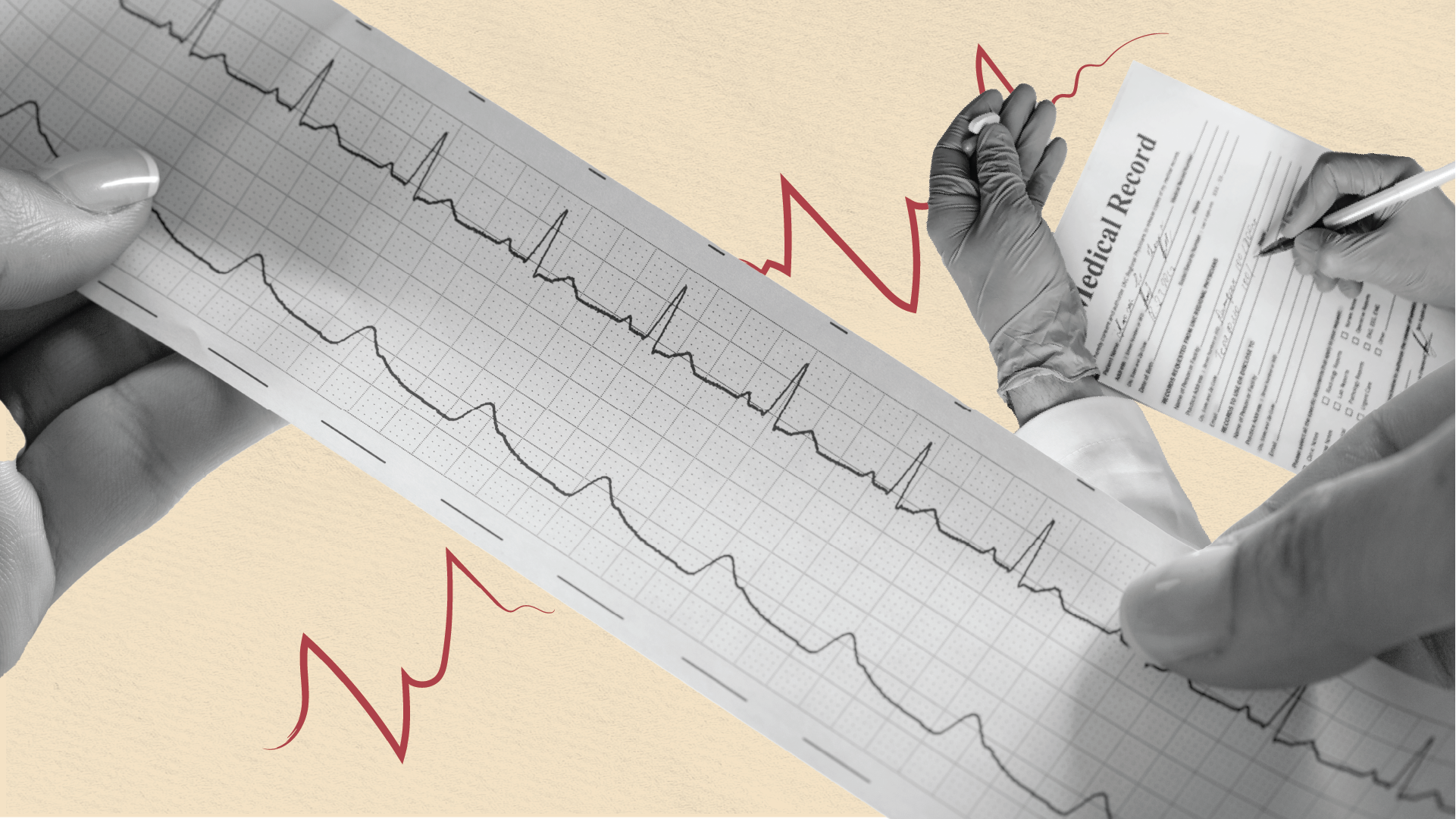While we all know the importance of getting periodic health checks, these become increasingly crucial in our midlife, when we are sandwiched between so many responsibilities. This is usually the time when we forget about taking care of ourselves.
Sometimes, it is the fear of the results that holds us back; at other times, it’s a lack of time or uncertainty about which tests to undergo. To address the latter concern, Team NSS consulted with Dr. Mansi Bajaj, a consultant physician at Vista Eye Care, New Delhi, and compiled a list of essential health checks that one should consider getting done on a yearly basis.

These tests can catch early signs of disease before symptoms appear, especially in your midlife, allowing for intervention when conditions are most treatable. By midlife, your risk for type 2 diabetes and cardiovascular disease increases significantly, making these screenings essential preventive measures. Midlife is a crucial juncture in terms of health with hormonal shifts, loss of muscle mass and a reduction in the basal metabolic rate. Therefore, it is imperative get started on your fitness journey and also get a few of these health checks done.
Complete blood count (CBC)
- Assesses overall health and detects a variety of disorders, including anaemia and infection.
- Includes measurement of haemoglobin levels.
Liver function tests
- Evaluates the health of the liver by measuring enzymes and proteins.
- Helps keep any eye on any developing liver conditions such as hepatitis or fatty liver disease.
Kidney function tests
- Measures serum creatinine levels to assess kidney performance.
- Important for detecting chronic kidney disease.
HbA1C
- Provides an average blood sugar level over the past 2-3 months.
- Essential for diagnosing and monitoring diabetes.
Fasting blood sugar
- Measures blood glucose levels after fasting for at least 8 hours.
- Crucial for diabetes screening.
Fasting lipid profile
- Evaluates cholesterol levels, including LDL, HDL, and triglycerides.
- Important for assessing cardiovascular risk.
Serum TSH (Thyroid Stimulating Hormone)
- Tests thyroid function to identify conditions like hypothyroidism or hyperthyroidism.
Vitamin D levels
- Measures vitamin D levels to assess bone health and immune function.
- Important for preventing deficiencies, especially in older adults.
Vitamin B12 levels
- Evaluates B12 levels to prevent deficiencies that can lead to anaemia and neurological issues.
Iron studies
- Assesses iron levels in the body to diagnose iron deficiency anaemia or overload conditions.
High-sensitivity C-reactive protein (hs-CRP)
- Measures inflammation in the body, which can indicate risk for heart disease.
Urine routine and microscopy
- Analyzes urine for signs of kidney disease, diabetes, or urinary tract infections.
Electrocardiogram (ECG)
- Records electrical activity of the heart to identify arrhythmias or other heart conditions.
Mammography (for women)
- Recommended annually or biennially for early detection of breast cancer starting at age 40 or earlier based on risk factors.
PAP smear (for women)
- Screening for cervical cancer.
Serum PSA (Prostate-specific antigen) test (for men)
- A blood test used to screen for prostate cancer, recommended starting at age 50 or earlier based on family history or risk factors.
Disclaimer: These suggestions are merely guidelines; it is essential to consult with your doctor to interpret the results accurately and repeat tests if advised. Regular communication with your healthcare provider will ensure that your health needs are met effectively as you age.





